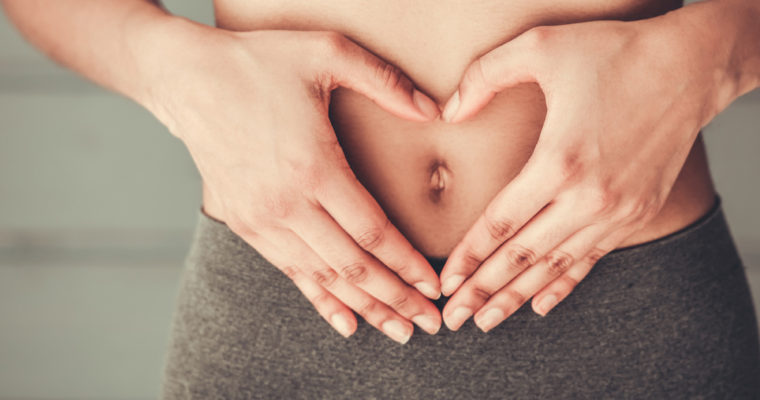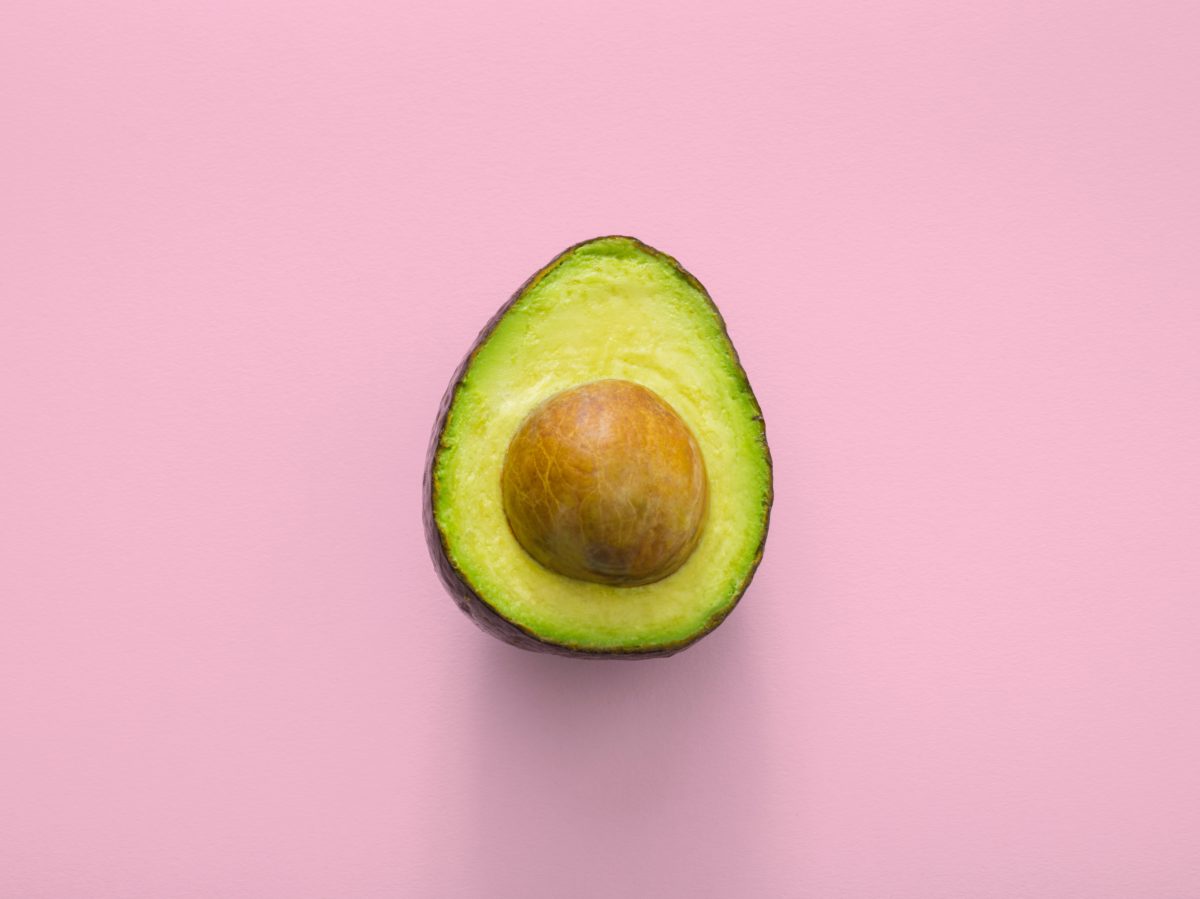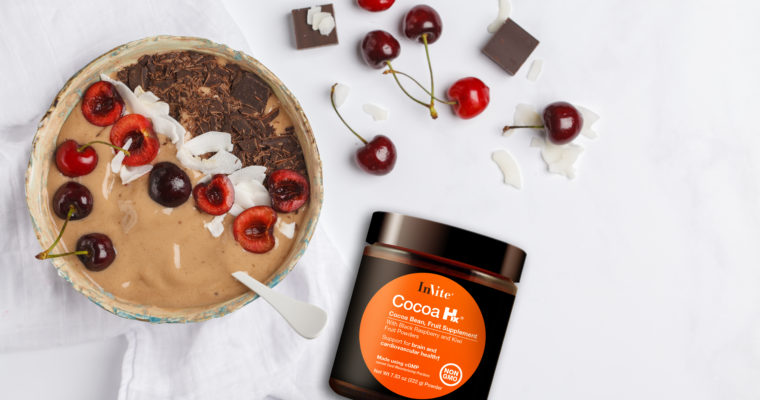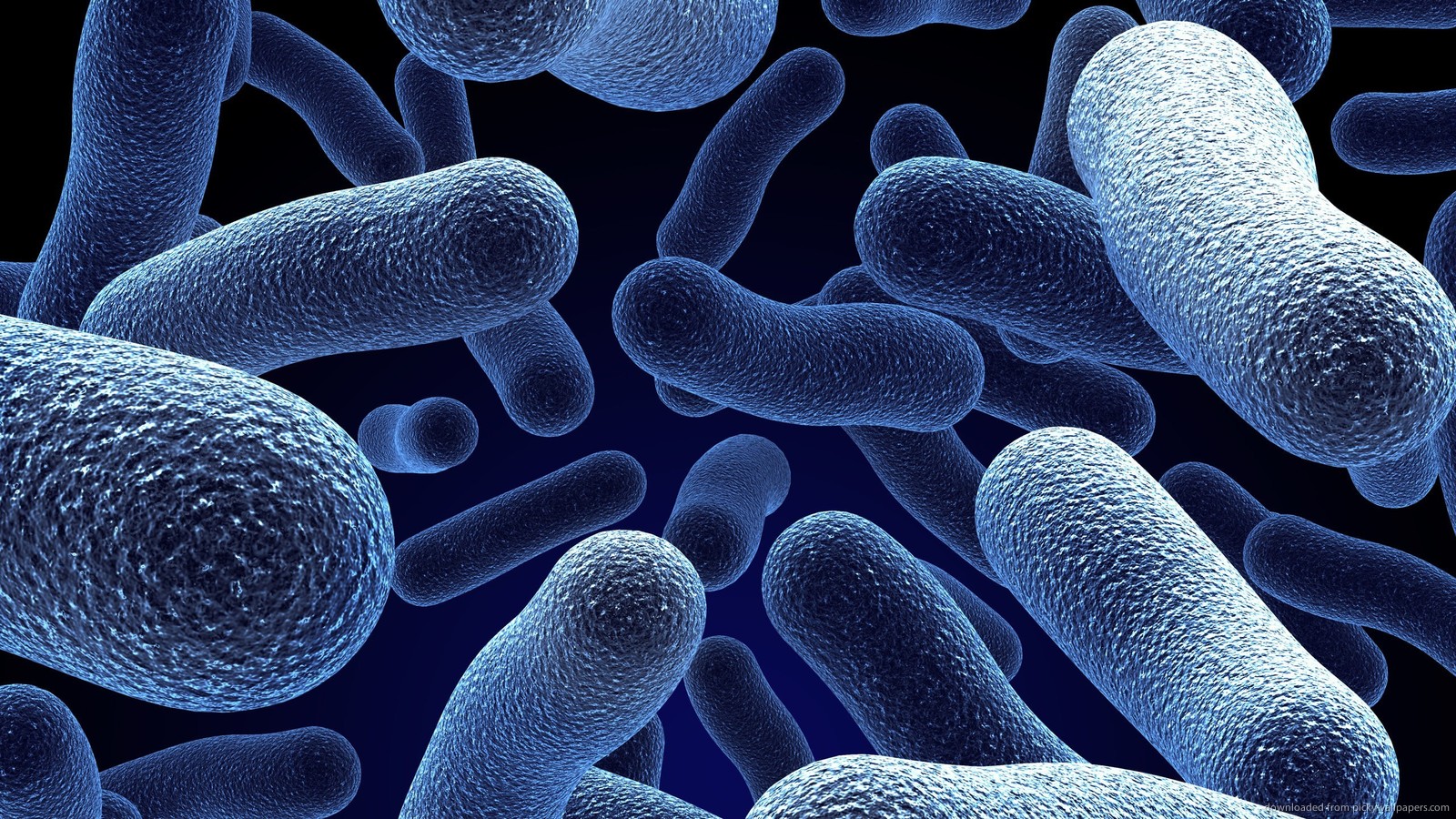The interaction between the gastrointestinal tract and the nervous system is called the Gut Brain Axis. And it’s gaining a lot of attention from both scientists and consumers. Though the number of clinical trials that explore this link is limited, recent reviews of this interaction are showing promising results.
Bacteria that exists in your body is often thought of as unhealthy, but certain strains of bacteria in the intestines are crucial for proper digestion and overall health. Your intestines naturally hold about two pounds of bacteria in total, but this bacteria needs to be varied in species and abundant in the healthy strains.
What are Probiotics?
Probiotics are friendly bacteria that make up the microbiome in the gut, or digestive tract; they are a key to good health, and the gateway to good digestion and regularity.
Levels of probiotics tend to decrease with age and are lowered by other factors including poor diet and obesity. As the level of probiotics decrease, problematic bacteria in the gut generally thrive and increase. Research shows that species of probiotics, when naturally present or consumed in adequately supportive quantities, may confer the greatest health benefits to individuals of all ages. These include lactobacillus (which inhabit the small intestine), mouth and vaginal tissue, and Bifidobacterium (which are more numerous and are major inhabitants of the large intestine (colon)). Both create many important metabolites out of our food and these perform a number of functions including burning fat, controlling our appetite, fueling digestion and detoxification, and supporting immunity.
The third critical group of probiotic bacteria known as bacillus, are spore-bearing bacteria that carry around their own house (and are the only ones to do so). This makes them resistant to heat, moisture and light, stomach acids and digestive enzymes and they are readily able to colonize the small intestine.
These bacteria have been shown in rigorous human clinical trials to help with the following, according to Archana Gogna, MS, CNS, MBA:
- Crowd out and limit the growth of putrefactive microorganisms that contribute to gaseousness or ill health.
- Create an acidic environment out of the fibers in fruits and vegetables that limit the growth of infectious bacteria and also produce antimicrobial-like substances called bacteriocins that contribute to the control of bacteria like E-coli, and yeasts.
- Help energize the enzymes that improve digestion and the absorption of nutrients. This may help lactose intolerance, as well as other digestive issues that can lead to bloating or constipation.
- Produce certain B-vitamins and vitamin K. They have also shown to facilitate the absorption of minerals such as Calcium, Magnesium, Iron and Zinc.
- Release acetate from the fibers in fruits and vegetables to help us feel full and create CLA out of vegetable fats that helps burn belly fat
- Colonize the skin and mucous membranes and play an important role healthy microbial balance of the skin, vaginal region, breasts and urinary tract.
- Support digestive comfort
- Support daily bowel movements
- Support total body immunity
- Are appropriate to take year-long for many people
What are Prebiotics?
Prebiotics are non-digestible carbohydrates that act as food for probiotics. These can be found in whole grains, bananas, onions, garlic, honey and artichokes. But when you do not consume those foods in your diet, you can be creating a major deficit in prebiotics. Foods like yogurt are considered symbiotic, as they contain both prebiotics and probiotics – live, healthy bacteria and the fuel they need to survive.
The Study
In January 2017, scientists from the University of Colorado, the University of California and Mead Johnson Nutrition reported that supplementing the diet of lab rats with probiotics (galactooliosaccharide and polydextrose) plus lactoferrin and milk fat globule membrane, may improve non-REM sleep in early life and a quicker rebound in REM sleep after stress. Scientists reported, “In addition, the rats consuming the test diet had an attenuated stress-induced flattening of the core body temperature and were protected from the stress-induced decrease in gut microbial alpha diversity. These data are the first to show that a diet rich in prebiotics can modulate the sleep/wake cycle both before and after stress and induce stress-protective effect in diumal physiology and the gut microbiota.”
Questions for Jerry Hickey, R.Ph on digestive health, prebiotics or probioitcs? Leave us a comment now!






